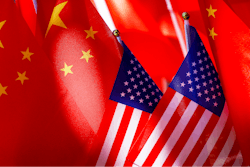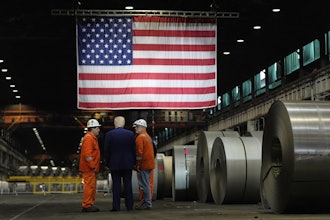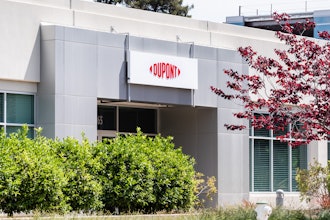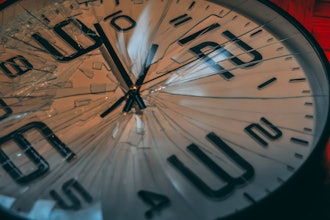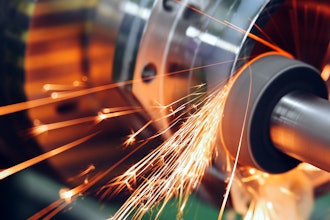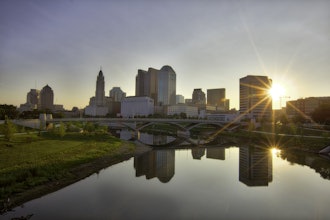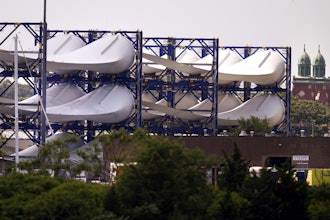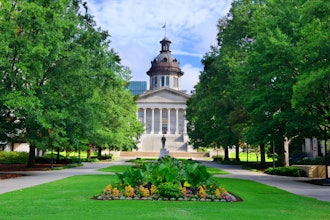WILMINGTON, Delaware (AP) -- A U.S. bankruptcy judge on Tuesday approved the sale of the remaining assets of failed electric-vehicle maker Fisker Automotive to Chinese auto-parts conglomerate Wanxiang Group.
Judge Kevin Gross approved the results of an auction last week in which Wanxiang beat out Hybrid Technology, led by Hong Kong billionaire Richard Li, with a final bid of $149.2 million in cash and other considerations.
"The bankruptcy process has been fully addressed," said Gross, who issued a pivotal ruling last month that upset Hybrid's plan to buy Fisker's assets in a quick private sale, using credit based on its secured debt rather than cash.
Wanxiang's winning bid includes about $126 million in cash, $8 million in assumed liabilities and a 20 percent common equity stake for creditors in a reorganized Fisker.
Going into the auction, Hybrid had offered $30 million in cash and cancellation of $25 million in debt that it said it was owed as Fisker's senior secured lender.
Wanxiang had offered $35.7 million in cash and an equity stake for creditors in a reorganized Fisker, with the possibility of additional recoveries for creditors through lawsuits against Fisker, Hybrid and other parties.
California-based Fisker, which had planned to build cars at a former General Motors plant in Delaware, filed for bankruptcy protection in November. The move ended a long, downward spiral that began after it received a $529 million loan commitment from the Obama administration in 2010.
Last year, Hybrid bought the outstanding $168 million balance of the Department of Energy loan for just $25 million, or 15 cents on the dollar, resulting in a loss to U.S. taxpayers of $139 million. Hybrid then moved to take control of Fisker in a speedy private sale with a $75 million credit bid, based on its senior secured debt.
But Wanxiang, which recently bought Fisker's former battery supplier, worked with Fisker's official committee of unsecured creditors to submit a rival offer.
Gross subsequently ordered an auction in which he capped Hybrid's credit bid at $25 million. Hybrid tried unsuccessfully to appeal Gross's ruling.
While Gross approved the asset sale, several thorny issues remain in Fisker's bankruptcy, including how to allocate the sale proceeds among various creditors.
While Hybrid paid only $25 million for the Department of Energy loan, it has suggested that it is entitled to much more, perhaps the full $168 million loan balance.
"I don't think there's a scenario where they would see less than $25 million, but I'm not 100 percent certain about that," said Sunni Beville, an attorney for Fisker's official committee of unsecured creditors.
Beville said the committee's goal is for 40 percent of net sale proceeds to go to unsecured creditors, after payment of certain claims, including administrative and priority claims that are among the $8 million in liabilities assumed by Wanxiang.
The future of the former GM plant in Wilmington, which was included in the asset sale, also is uncertain. Wanxiang has said that if market demand warrants, it intends to build a second-generation line of Fisker vehicles at the plant.
"Whether or not that happens is anybody's guess," Beville said.
More from MBTMag.com
Appeals Court Upholds Dismissal Of Asbestos Suit
Smucker Facing Peanut Butter, Fruit Spread Issues
Eurozone Recovery Accelerates But Jobs Elusive






